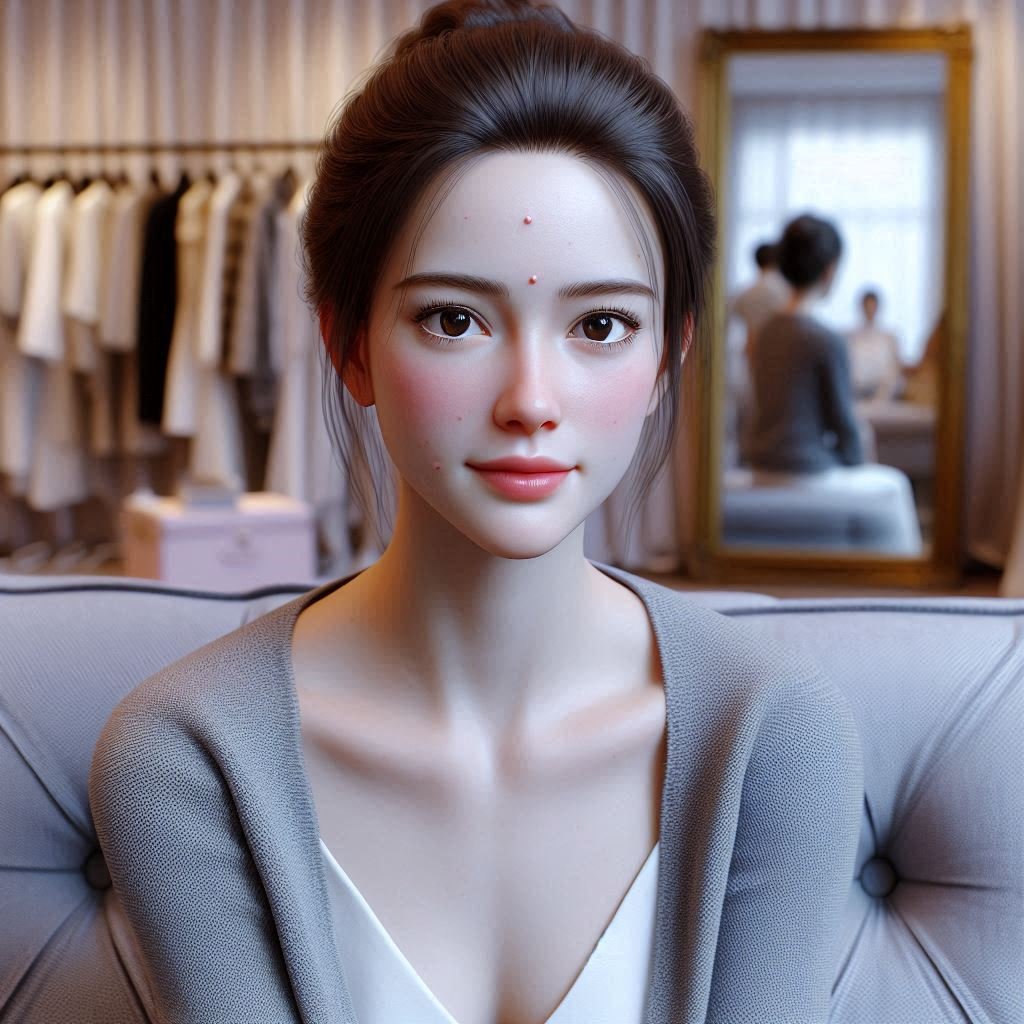
Acne is an often embarrassing and sometimes painful condition that is most commonly associated with the awkward teenage years. Adult acne is defined as the occurrence of acne in a person who is over the age of nineteen. Adult acne is thought to have hormonal roots. Adult acne encompasses cases of acne attributable to five of the six clinical types of acne – the only clinical acne type which is not responsible for acne in adults is infantile acne. However, within the broad group of adult acne sufferers, there are two distinct sub-groups of patients, each of which share similar characteristics. Red, puss-filled pimples can be embarrassing and unsightly. At an estimate, acne affects 25 percent of all adult men and 50 percent of adult women at sometime in their adult lives.
Sometimes many adults who have no acne in their earlier years get acne. Some athletes and others take anabolic steroids to build their body. Adult acne and the adult onset acne (acne beginning in the adult years) may involve dry skin, sensitive skin. Adult onset acne is usually triggered by a combination of factors like stress, dietary habits and hormonal changes. Many medications have been known to cause acne in adults. Medications containing lithium or iodine have also caused acne in adults. Many people believe that eating certain foods, such as chocolate, or greasy fried foods, can cause an acne breakout. The truth of the matter is that eating these foods does not affect sebum production, and therefore does not cause acne breakouts. There are many psychological and social affects of acne that, along with the physical aspects, can act in lowering self-esteem. There may be a genetic component difficult gist acne can run in families.
Treatment for adult acne is very effectual and there are many forms of therapy available. The best therapy happens to be the same therapy recommended most for teenage acne. Some birth control pills are capable of keeping hormones at bay and reduce blemishes. Adult acne treatments consist of a variety of creams, cleansers, moisturizers and astringents and not all of these are bogus. There are several treatment options available for women with hormonal acne, including topical retinoids, topical antimicrobials (such as benzoyl peroxide and antibiotics), and oral antibiotics that are prescribed when the inflammation is more severe. Do use herbal extracts and supplements to encourage the renewal of healthy skin. Don’t wash with harsh soaps. Instead, use natural botanical and vegetable oil-based soaps that cleanse gently without “stripping” the skin.
Adult Acne Treatment Tips:
1. Avoid touching your face with your hands.
2. Eat a healthy diet with lots of fresh fruit and Vegetables.
3. Low fat high fibre diets are recommended.
4. Watch the calories. Drink plenty of water to flush the body.
5. Put your self on an exercise program.
6. Do use herbal extracts and supplements to encourage the renewal of healthy skin.
7. Wash skin gently only 2 to 3 times daily and pat dry.
8. Do not Scrub the Skin.




